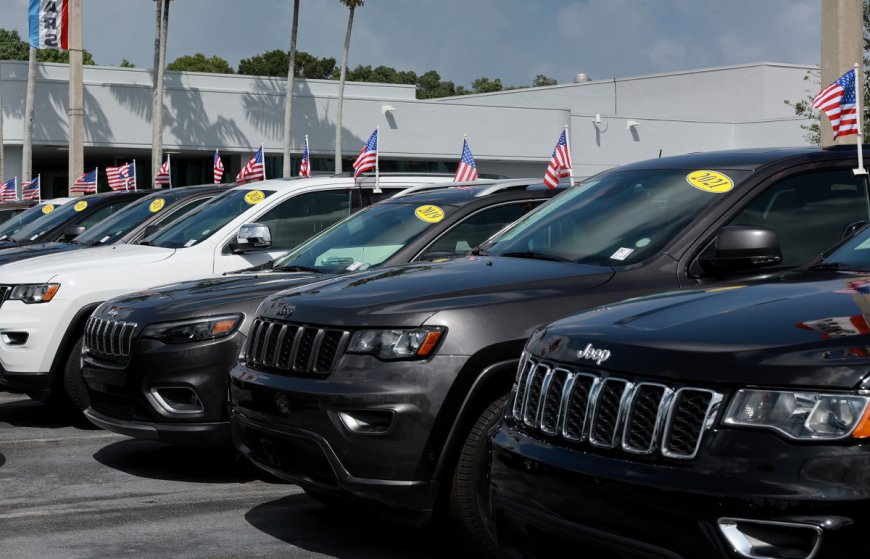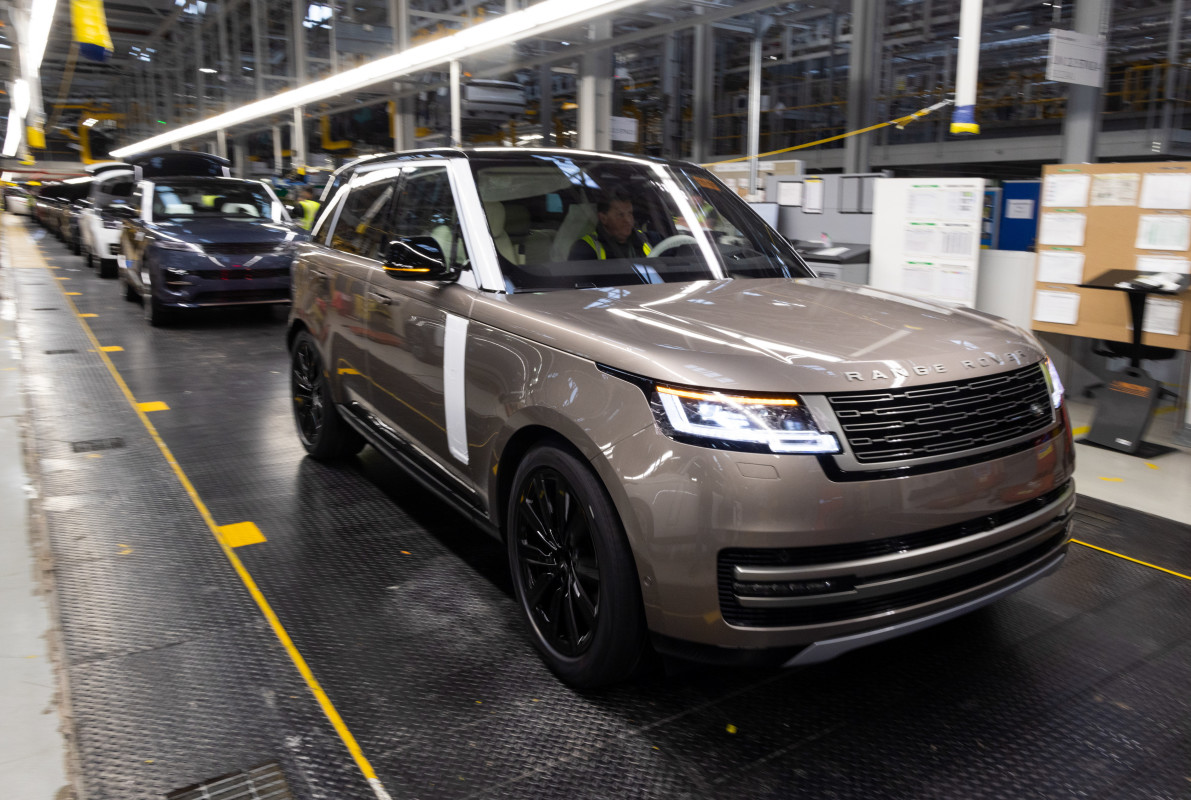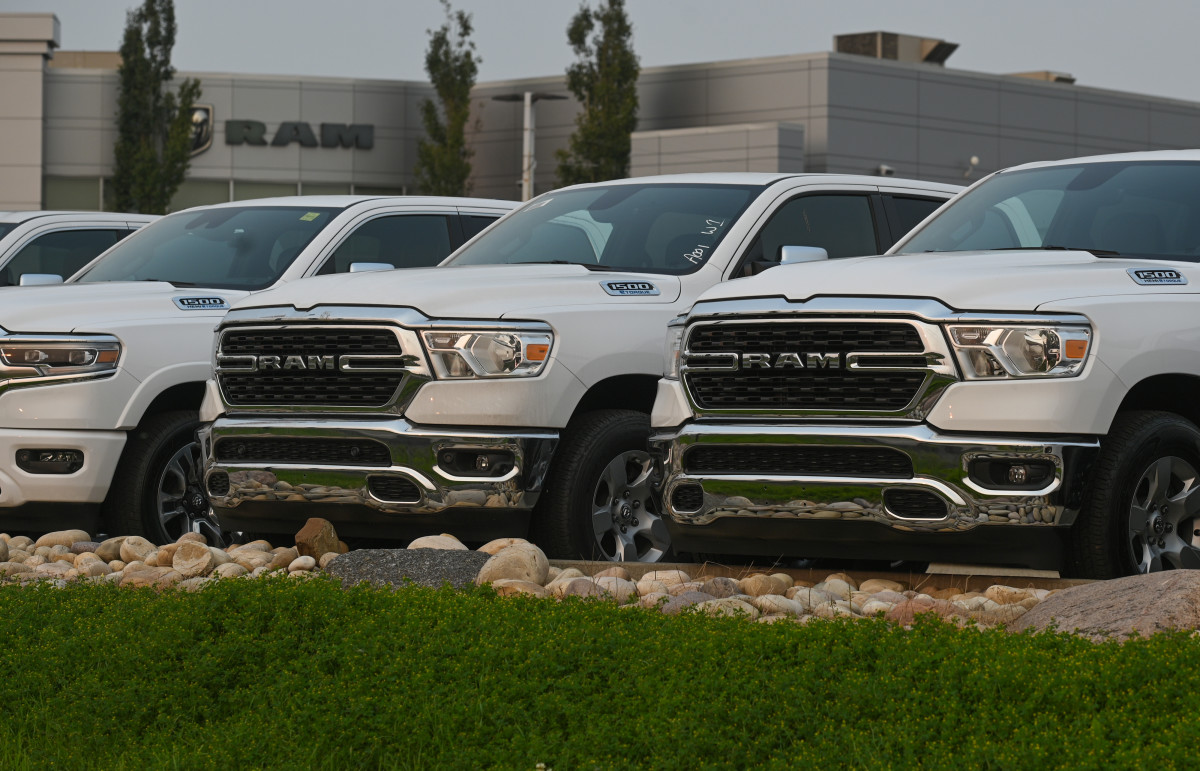The average new car is more dangerous for the environment than older ones, says study
Research shows that buyers' terrible habits affect the environmental impact of all cars.

The advertising of new cars has buyers convinced that what they are buying might be more efficient than the car they are currently driving.
However, as Americans and others in developed economies see buyers chasing the allure, comfort and supposed safety of big SUVs or trucks, that may not be the case.
According to research by climate campaign group Possible, the popularity of larger cars like SUVs in countries like the United Kingdom and the United States means that a step backward was taken on the environmental impact of the average car.
Related: Elon Musk's Tesla at odds with major automakers over dramatic new regulatory proposal
Although improvements have been made to the efficiency of car engines, SUVs tend to be heavier and have larger engines to pull their weight. This offsets any improvements made as bigger cars populate the roads.
“The recent trend towards larger, heavier, more powerful cars such as SUVs means that on average, a car that was bought new in 2013 is likely to have lower CO2 emissions than a new ICE car bought in 2023,” said the climate group.
Between 2011 and 2016, the average car’s CO2 emissions dropped to a low of 120 grams per kilometer, but Possible reports that that figure has shot up to around 130 grams per kilometer in 2023. The climate campaign group states in their report that SUVs have an average of 20% higher CO2 emissions than conventional cars.
The report also claimed that drivers with higher incomes would be more likely to own a gas-guzzling SUV. According to Possible’s data, UK households in the top 20% income bracket are 81% more likely to own a gas-guzzler than car owners in the other 80%. In addition, they found that the same top 20% drives three times as many miles per year as those in the other 80%.
A reflection across the pond

Though the research mainly focused on the UK, motorists stateside are not far off from the data represented. A 2022 report by Forbes found that new trucks are outselling new cars in the United States at a rate of 3-to-1.
Additionally, University of Michigan professor and energy researcher John DeCicco wrote of a loophole in a September 2022 report in The Conversation.
“The targets an automaker has to meet get weaker if it makes its vehicles larger,” said DeCicco. “Vehicles classified as light trucks – including four-wheel-drive and large SUVs, as well as vans and pickups – are held to weaker standards than those classified as cars.”
As a result, he says is that it allows for automakers to position what was once classified as “work trucks” as “personal luxury vehicles,” as automakers load them up with appointments and technology features closer to those of luxury cars.
Possible’s emphasis on correlating the highest earners with driving the highest polluters allowed it to use its report to promote the increase of parking rates on higher polluting cars in the UK. The group urges local governments around the country to adopt this new progressive policy to help meet their climate goals.
Get exclusive access to portfolio managers and their proven investing strategies with Real Money Pro. Get started now.
What's Your Reaction?

























































